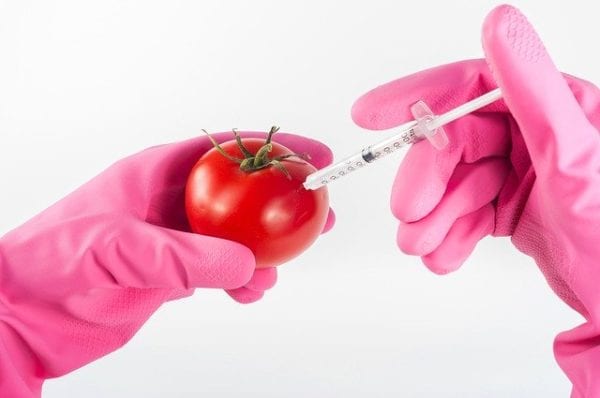When considering drug interactions, we may be quick to overlook the food that we eat. Fresh off the release of my latest book Clinician’s Guide to Common Drug Interactions in Primary Care, (Link to Audible Free Book) I lay out my top 5, most clinically significant drug food interactions below.
Vitamin K
Vitamin K is the reason why someone on Coumadin (warfarin) should try to keep a consistent diet. Big changes in the intake of vitamin K can cause an INR to fluctuate. The more vitamin K intake someone has the more INR will go down. In the event of a significantly high INR, Vitamin K may actually be used therapeutically to try to bring that INR down more quickly than simply stopping the drug by itself would. Coumadin has a fairly long half-life so in the event of a significantly high INR, it would remain that way for a much longer period of time without Vitamin K.
Grapefruit Juice
CYP3A4 is a major metabolic pathway for many medications. Grapefruit juice can inhibit this enzyme from breaking down certain medications. This can lead to an increase in the concentration of the drug. Cholesterol medications like simvastatin are notorious for interacting with grapefruit juice.
Dairy Products
Binding interactions can be significant with dairy products. Levofloxacin and ciprofloxacin have the potential to be bound up by these food products. This can ultimately lead to lower concentrations of the antibiotic and possibly treatment failure similar to this case. Avoiding coadministration is critical to avoiding this drug-food interaction
Tyramine Containing Foods
Many drugs do have MAOI activity. The classic MAOI in combination with tyramine containing food can result in severe hypertension. Fortunately, MAOIs are not used very often, but if they are, you MUST educate your patient about avoiding foods that will cause this reaction. Certain tap beers, aged cheeses, and some cured meats are on the list of food that could potentially cause this reaction when used with an MAOI.
Alcohol
From increasing the risk for liver toxicity to having a potentially severe disulfiram reaction in combination with metronidazole, alcohol can mess with your patients’ medications. In addition, the sedative nature of alcohol can often have additive effects on medications like benzodiazepines, anticholinergics, and opioids to name a few.
What else would you add to this list?
- 30 medication mistakes PDF
- 18+ Page Drug Interaction PDF
- 10 Commandments of Polypharmacy Webinar based on my experiences in clinical practice



Hi Eric! Thanks so much for the GREAT info you put out there for us!! I would love to know your recommendations for a reliable resource(s) for Drug-Supplement Interactions. Do you know of any free Drug-Supplement interaction-checker apps? Thanks!!
Working on a reference guide right now 🙂 Hope to have out in 2-3 months or so!
YAY!!! I’ll be supporting you, as usual! Enjoying your books! Thanks, Eric!! Hope your Easter was wonderfully blessed!
Thank you!